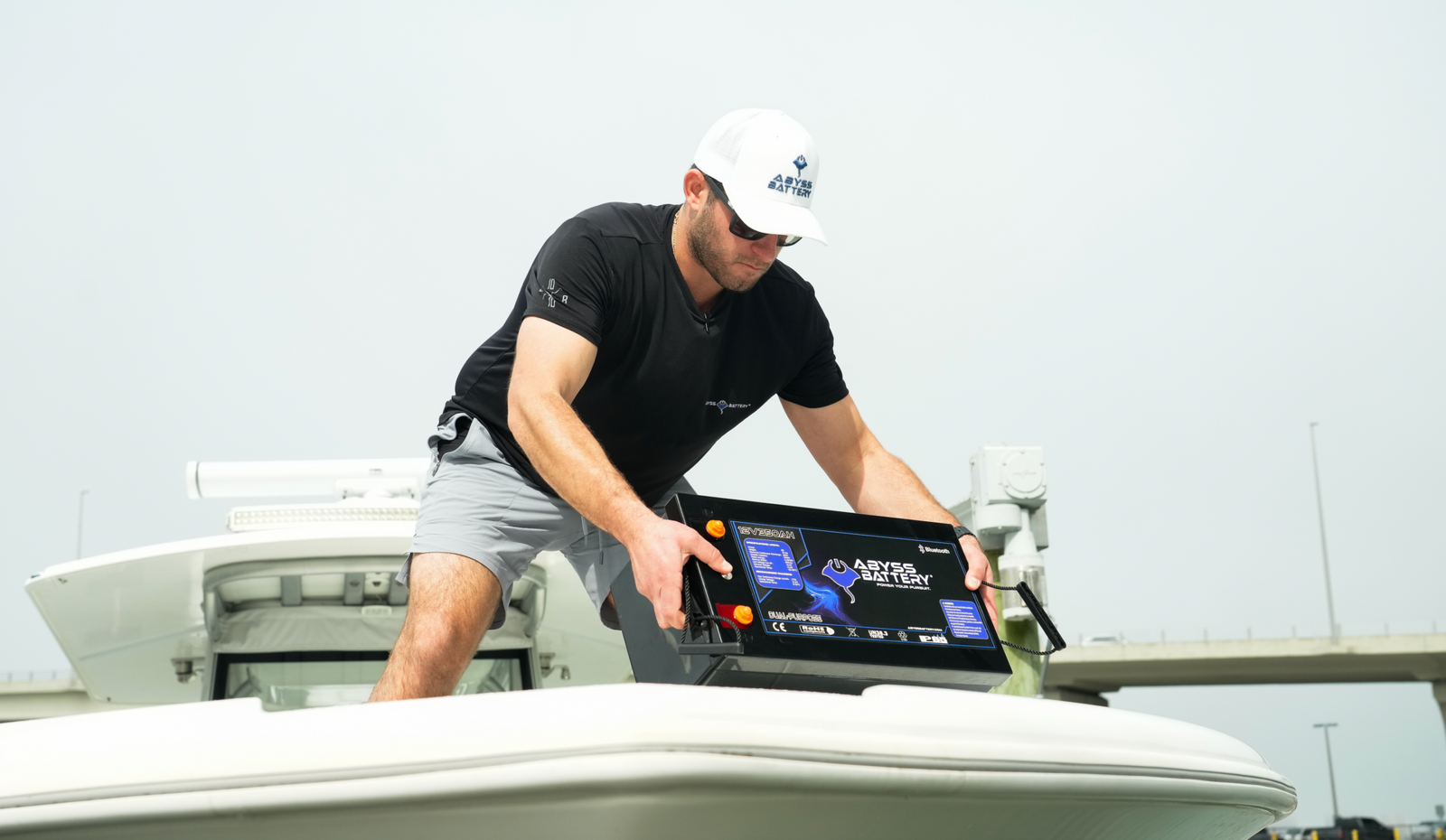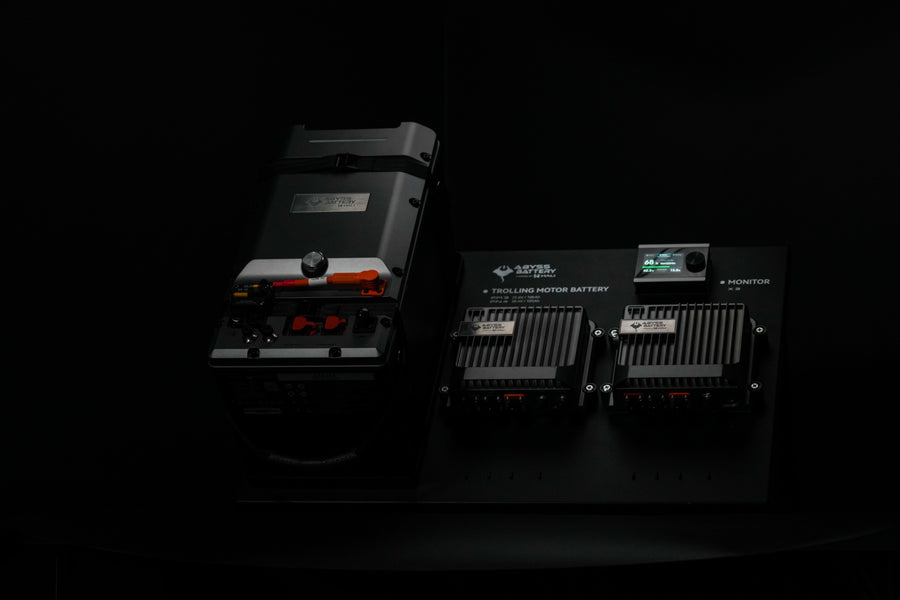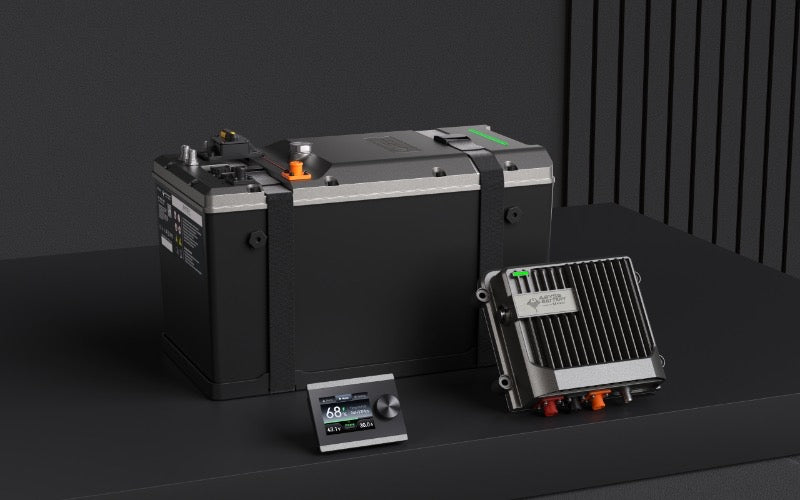Why You Should Remove Your Boat Battery During the Winter

Properly maintaining your boat during the off-season is the best way to ensure its longevity and performance. One of the most important things to pay attention to during this process is the battery.
For those wondering why you should remove your boat battery during the winter, we'll discuss the risks of leaving it in place and the steps you can take to properly care for it during the colder months.
Why Your Boat Battery Needs Proper Care in Winter
When temperatures drop, batteries become vulnerable to a host of problems. Most marine batteries rely on chemical reactions to generate electricity. Freezing weather slows down these reactions, which can impact performance or even result in total battery failure if not stored correctly.
What Happens if You Don't Remove Your Boat Battery?
1. Low Temperatures Can Drain Your Battery
Cold weather naturally lowers a battery's capacity. At 32°F, a fully charged lead-acid battery operates at only about 80 percent capacity, and this number decreases dramatically as the mercury drops. If your battery is not removed and properly charged, it can drain completely, leaving it damaged beyond repair.
2. Freezing Can Cause Physical Damage
Marine batteries that are not adequately charged during the winter are more likely to freeze. When a battery freezes, it expands, which can lead to cracked casings, leaks, or broken components—essentially rendering the battery useless.
3. Long Periods of Disuse Reduce Lifespan
Leaving a battery connected to a boat that isn't in use throughout winter puts it at risk of constant discharge. Even when turned off, electronic systems such as bilge pumps or onboard lights can slowly drain power. Over time, this deep discharge can shorten your battery's lifespan.
4. Corrosion Worsens in Storage
When left connected, a battery's terminals can corrode due to moisture or residual electrical flow. Corrosion can affect battery connections, leading to poor performance and potentially costly replacements down the line.
What Type of Batteries Require Winter Care?
Not all marine batteries are the same, but most types will benefit from proper winter care. Here's a quick breakdown:
- Flooded lead-acid batteries: These are more prone to water loss and corrosion. Ensure they are cleaned and stored carefully.
- AGM (absorbent glass mat) batteries: These tend to handle cold weather better but still benefit from being stored in a safe, dry place.
- Lithium-ion batteries: While they are more resistant to freezing temperatures, they also require careful charging and storage to maintain peak performance.
Always consult the manufacturer's recommendations for specific storage guidelines based on your battery type.
A Better Start to Next Season
Winterizing your boat is about preparation and preservation, and properly caring for your battery plays a significant role in these tasks. By taking the time to learn why you should remove your boat battery during the winter, you're saving yourself from unnecessary expenses, avoiding time-consuming repairs, and extending the life of your equipment.
Are you looking for quality lithium boat batteries for sale? Abyss Battery is here to power your next outing, giving you peace of mind when you need it most. Discover for yourself the reliability of our cells!




Leave a comment